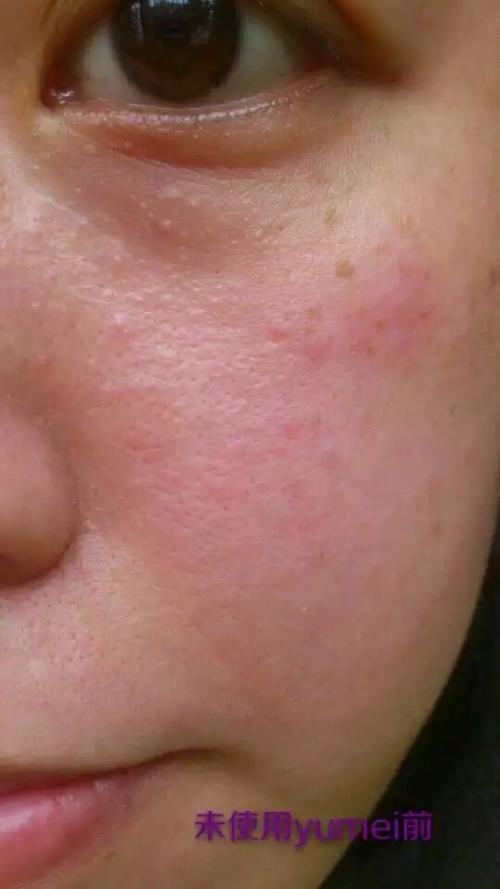SWOT分析:护肤品过敏症状
1. Strengths (优势):
Awareness and Education:
Increasing awareness about skincare allergies has led to a more informed consumer base.
Research and Development:
Advances in dermatological research enable the development of hypoallergenic products.
Product Innovation:
Companies are innovating with gentler formulations and allergytesting protocols.
Market Segmentation:
Ability to target niche markets focused on sensitive skin types.
2. Weaknesses (劣势):
Complexity of Allergies:
Identifying specific allergens can be challenging due to the complex nature of skin reactions.
Regulatory Challenges:
Compliance with stringent regulatory standards for hypoallergenic claims can be a barrier.
Cost of Development:
Creating allergytested products can be more costly and timeconsuming.
Negative Publicity:
Allergic reactions can lead to negative publicity and damage brand reputation.
3. Opportunities (机会):
Growing Demand:
Increasing consumer preference for natural and hypoallergenic skincare products.
Technology Advancements:
Utilization of AI and machine learning for personalized skincare solutions.
International Expansion:
Opportunities to tap into global markets with specific skincare needs.
Partnerships:
Collaborations with dermatologists and healthcare providers to endorse products.
4. Threats (威胁):
Competitive Landscape:
Intense competition from established skincare brands and new entrants.
Health Concerns:
Rising concerns about longterm health effects of skincare chemicals.

Counterfeit Products:
Proliferation of counterfeit hypoallergenic claims could undermine consumer trust.
Economic Factors:
Fluctuating raw material costs and economic downturns impacting consumer spending on premium skincare products.
这些要素构成了护肤品过敏症状相关领域的SWOT分析,有助于制定战略以最大化利用机会和应对挑战。

发表评论